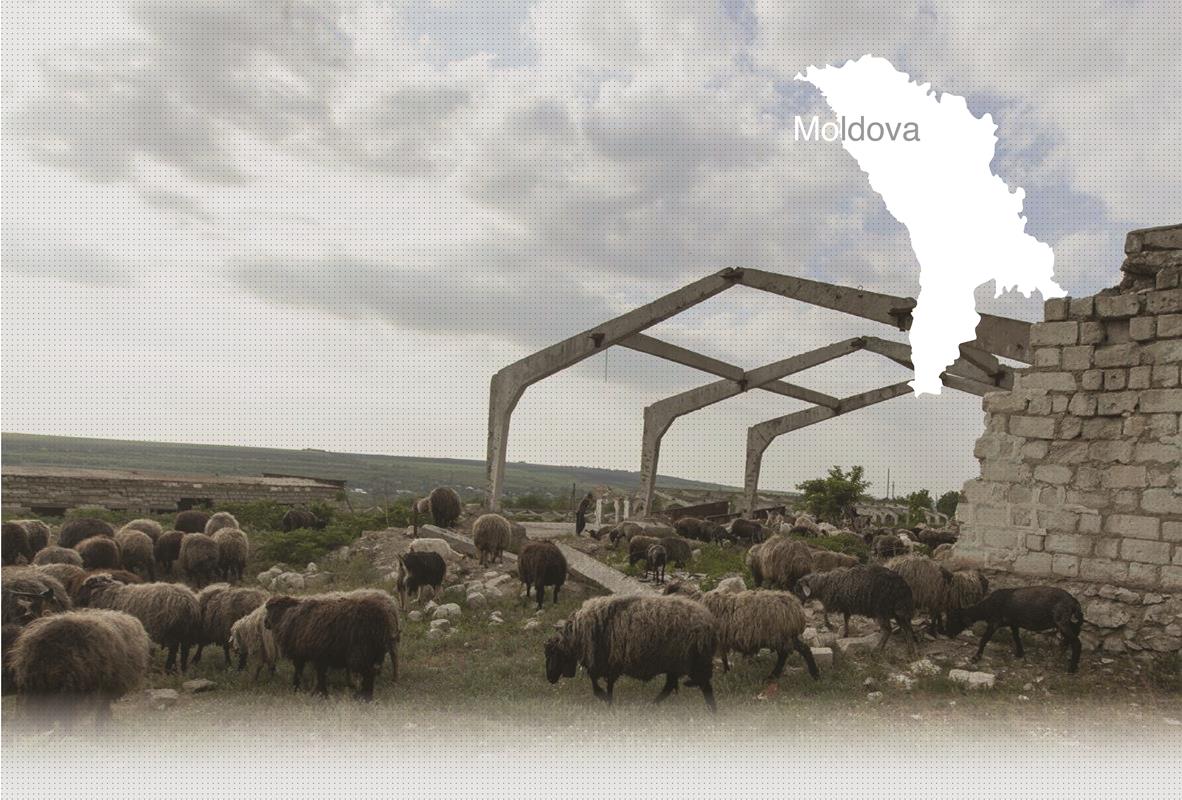

1 Killing site(s)
Gavril B., born in 1930: “One summer day, some people of the village seized local Jews. I was with a friend. I saw Jews from the village, a large group of men and women, no children, being brought in by villagers, several armed men in their thirties. The Jews in the column were attached to each other (…) The column stopped near a well which was located about an hour’s walk from the village. The villagers drew water from the well which was given to the Jews. Once they finished drinking, the column left in the direction of a big ravine. A few minutes later, we heard gunshots.” (Witness N°52, interviewed in Hirişeni, on December 1, 2012)
« On the way back to Telenești, the accused passed through Raspopeni village where the women were left with the children after the men were executed. Here, the accused Minca, gave orders to take all the women and children who survived to Hirişeni. On the road, he gave orders to shoot all the Jews, […] After several days, a communal guard informed him that there was a group of Jews who were back in the Brăviceni village with a cart and a huge amount of luggage. Straveche Grigore gave orders to Dinu Panait to pick up some officers and meet them. Then, they shot them.» [Securitatea Republicii Moldova (SRI); RG-25.004M]
Hirișeni is a village in Telenești District in Central Moldova. Before the outbreak of WWII, there were mainly Moldovan and Jewish families living in Hirișeni. Jews were mainly merchants and they owned several shops in the village. YIU’s witness Gheorghe I., born in 1931, remembers that if the villagers had no money, the Jews exchanged crops against products. He also claims that the relationships between the Jewish and non-Jewish inhabitants of the village were friendly. Another witness, Vassil C., born in 1931, remembered his Jewish neighbor, Mr. Moshe Groisman and his family, three sons: Marcus, Shlioma, Srulia and one daughter, Golda. Mr. Groisman’s family owned a shop selling food and clothes.
With little available information about the killings in Hirișeni, and thanks to the testimonies of the witnesses collected during two investigation trips conducted by YIU’s team in the Telenești region, we managed to reconstruct the course of the massacre of Hirișeni’s Jews. When the Romanian soldiers arrived in the village, they established a gendarmerie post there, with a local Moldovan man as its chief and two other Moldovans as gendarmes. According to YIU’s witnesses, they were the ones to give the order to kill the local Jews. First, accompanied by some locals, they would go from house to house in order to arrest all the Jewish men. Those arrested were tied up and brought to the execution site. In the meantime, Jewish women and children were gathered and imprisoned in a local house. Jewish men were shot by the perpetrators the same day, in a ravine on the outskirts of the village. Vassil C., born in 1931, went to the execution site after the shooting and saw that Marcus Groisman, his neighbor’s son, was still alive. Some children tried to untie him, but “one of the Moldovans chased them away insulting them.” Women and children were shot the next day outside the village.
After the German-Romanian occupation, when the Russians arrived in the village, some of the local men who perpetrated the shooting of Jews from Hirișeni were put on trial and imprisoned.
Do you have additional information regarding a village that you would like to share with Yahad ?
Please contact us at contact@yahadinunum.org
or by calling Yahad – In Unum at +33 (0) 1 53 20 13 17